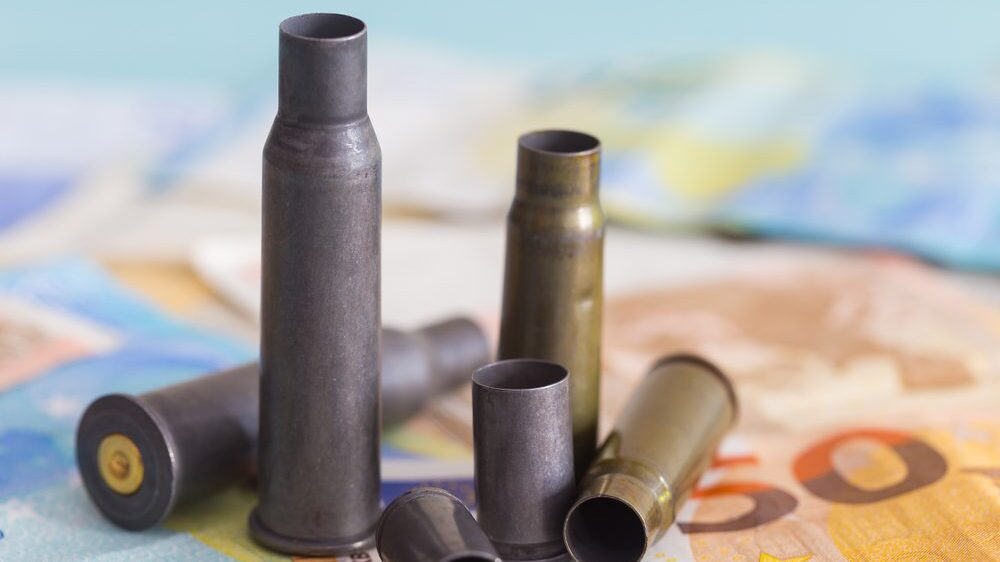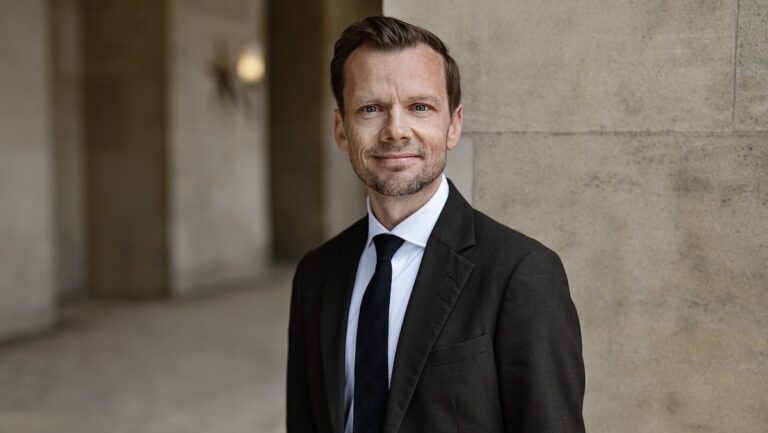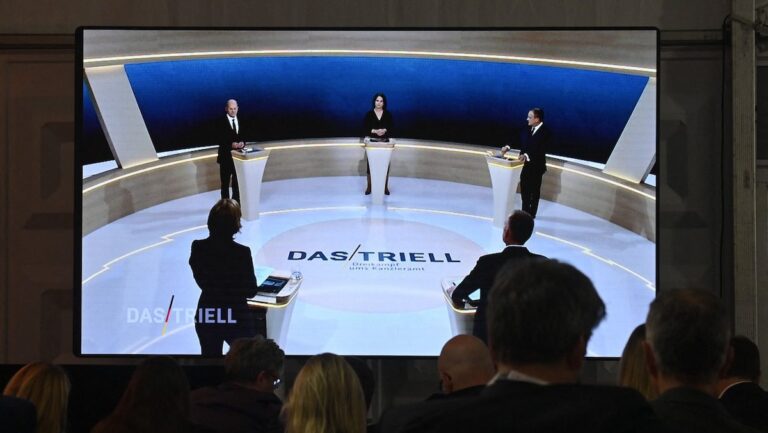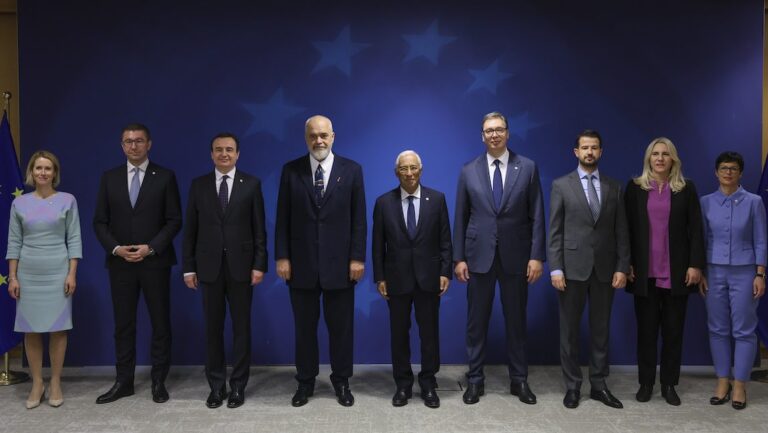The European Parliament voted to approve of cutting corners in negotiation and for fast-tracking the ‘ASAP’ regulation (Act in Support of Ammunition Production) during its Strasbourg plenary on Tuesday, May 9th. The regulation is meant as a solution for urgently delivering ammunition to Ukraine and helping replenish the rapidly depleting EU stocks.
The European People’s Party’s (EPP’s) initiative to fast-track the proposal not only garnered solid support among the liberal parties (such as Renew and the Greens) ahead of the parliamentary vote but also the EP’s industry development committee (ITRE), which would have been responsible for conducting the preliminary negotiations on the file.
As ITRE chairman Cristian-Silviu Buşoi explained after announcing his support for bypassing the normal procedure in Strasbourg:
Earlier this morning, the coordinators decided that each group will appoint a member to a negotiating team in order to immediately start assessing the proposal. [After the vote], the ITRE will stand ready to immediately start negotiation with the Council.
With no official objections raised, the vote passed with 518 MEPs in favor, 59 against, and 31 abstaining. However, even though the majority in most parliamentary groups were in favor of the proposal across the chamber, nearly every group had several MEPs voting against it as well, revealing underlying internal instead of inter-party divisions on the issue.
To recap, the ASAP was designed as the third wheel of the Commission’s three-track plan to strengthen Ukraine’s and the EU’s defense capabilities. In a bid to speed up ammunition production across the bloc, ASAP promises €500 million in subsidies for various defense industry plants throughout the member states.
Together with the financial instruments pledged to secure the viability of the other two tracks (reimbursing countries that send their own weaponry to Ukraine and the joint procurement of over one million artillery rounds and other weaponry for Ukraine within the year), the EU’s central rearmament schemes add up to a total of €3 billion.
As we described before, the procurement leg of the plan prompted heated debate in Brussels as the member states had a hard time negotiating who should (and who should not) the €1 billion worth of contracts go and even whether they should stay in Europe.
To avoid similar debates slowing down the implementation of ASAP, EPP President Manfred Weber proposed the fast-tracking of its adoption in the Parliament on Friday, May 5th, in a letter sent to EP President Roberta Metsola. As Weber wrote:
Ukraine needs ammunition as soon as possible! We believe that with this approach parliament can act fast while respecting our prerogatives.
Weber’s proposed timetable was also accepted by the Parliament, scheduling the final vote on ASAP for the next plenary at the end of May. However, the agreed timeframe is viewed as a bit too rushed by the European Conservative and Reformist group ECR, which—albeit fully behind ASAP itself—would have wanted more time to reflect on possible “structural changes” to the bloc’s defense industry, as their Polish MEP Zdzisław Krasnodębski said earlier.
And while Parliament’s support for ramping up European ammunition production is clear, there will still be much to discuss about ASAP during the Council negotiations between the member states, including where exactly the subsidies will end up flowing, and whose defense companies will profit the most.
Also, some of the more pacifist countries might be hesitant to subscribe to yet another tax-payer-financed EU scheme for weapon procurement. One of these could be Austria, which has little reason to join the EU’s centralized defense projects as a constitutionally neutral country.
Talking to The European Conservative, FPÖ spokesman Carl Gustaf Ströhm (representing Austria’s most popular party) explained:
Producing more weapons to send them to Ukraine is not in [Austria’s] interest. Therefore, the FPÖ is critical of the proposal, and the government will also look at the details carefully to decide whether Austria should take part in it.
Our position is that instead of ammunition production, the EU should rather focus on facilitating peace talks and international negotiations; instead of defense, we should ramp up our diplomatic efforts to end the war in Ukraine.





